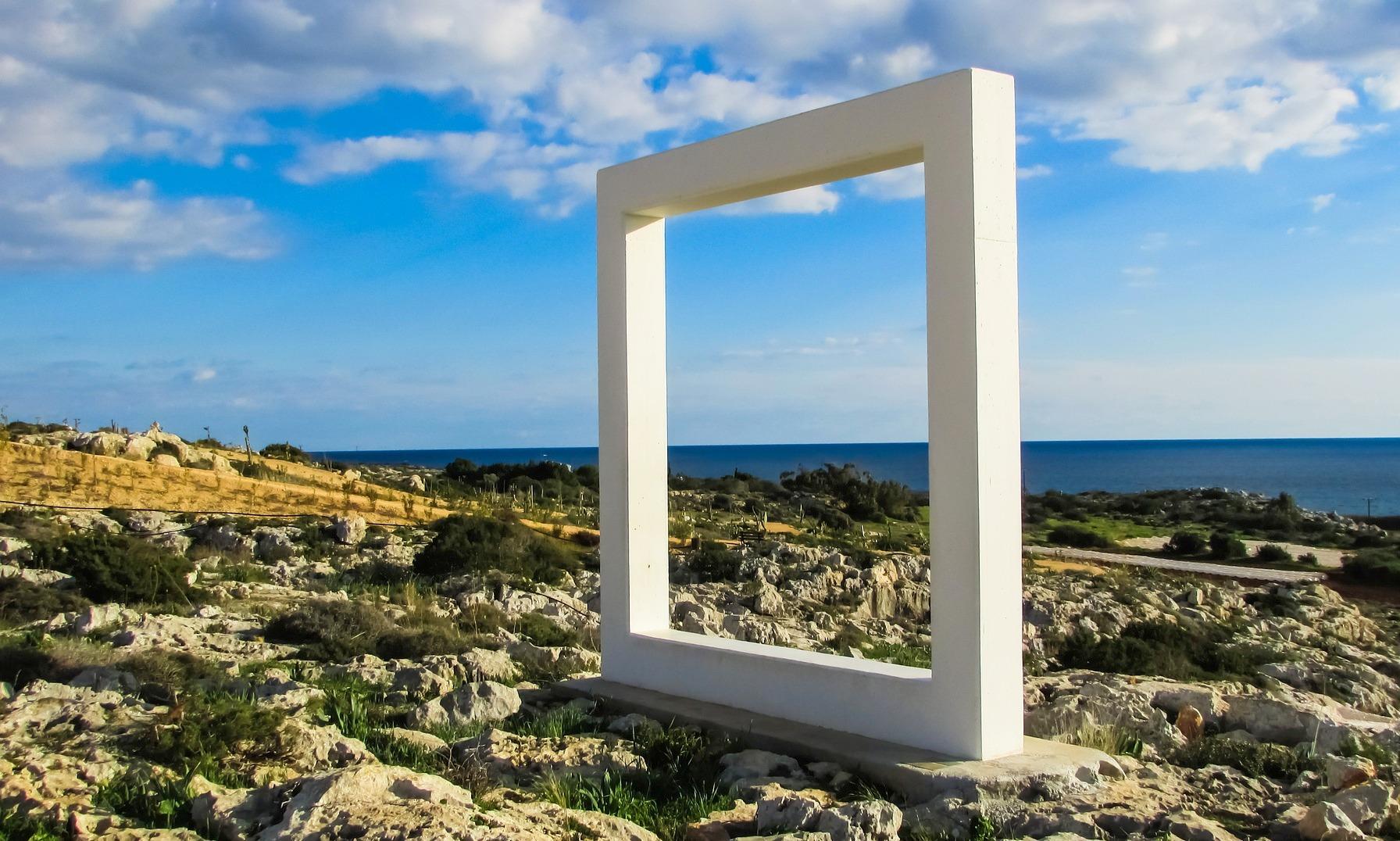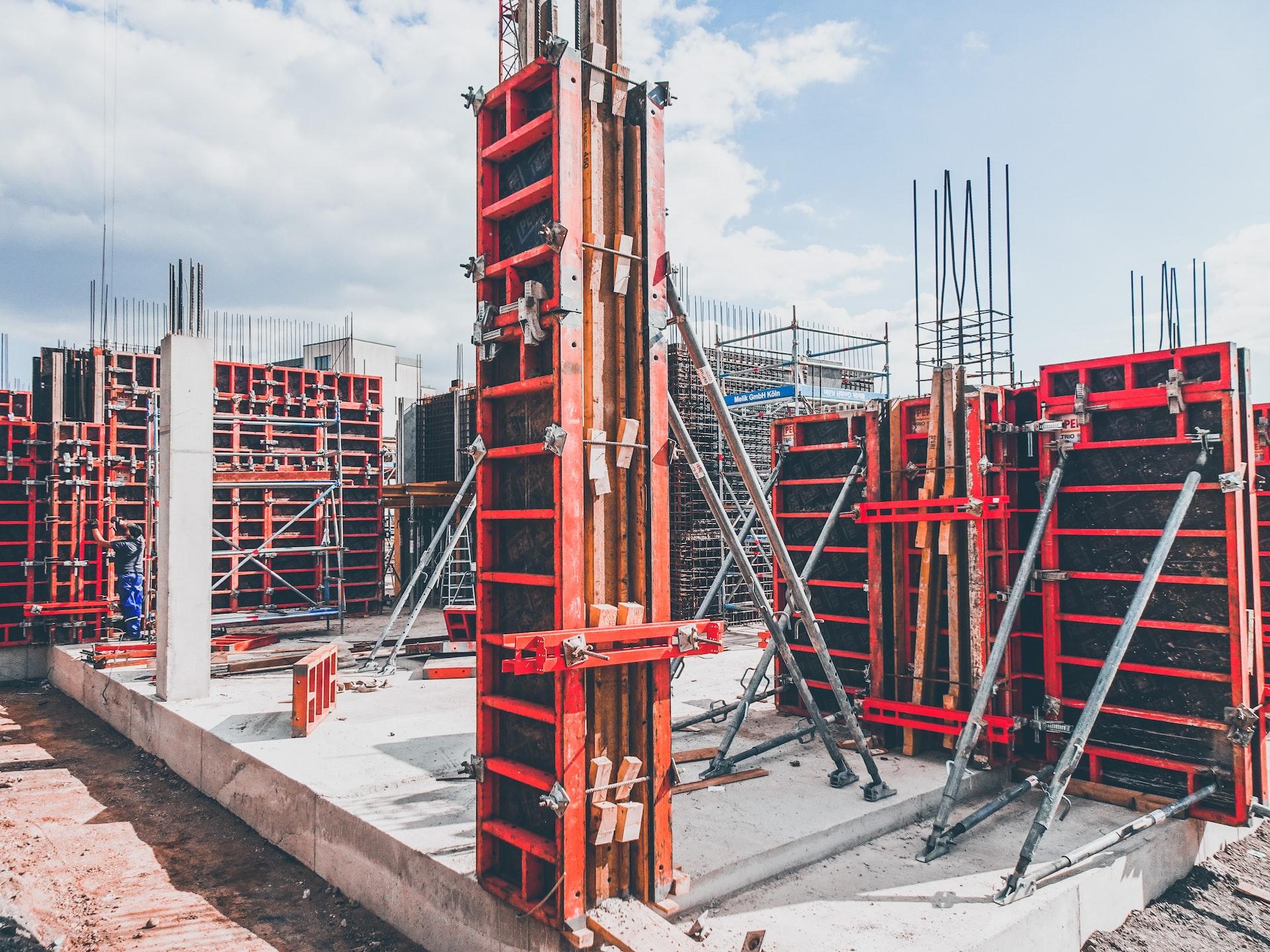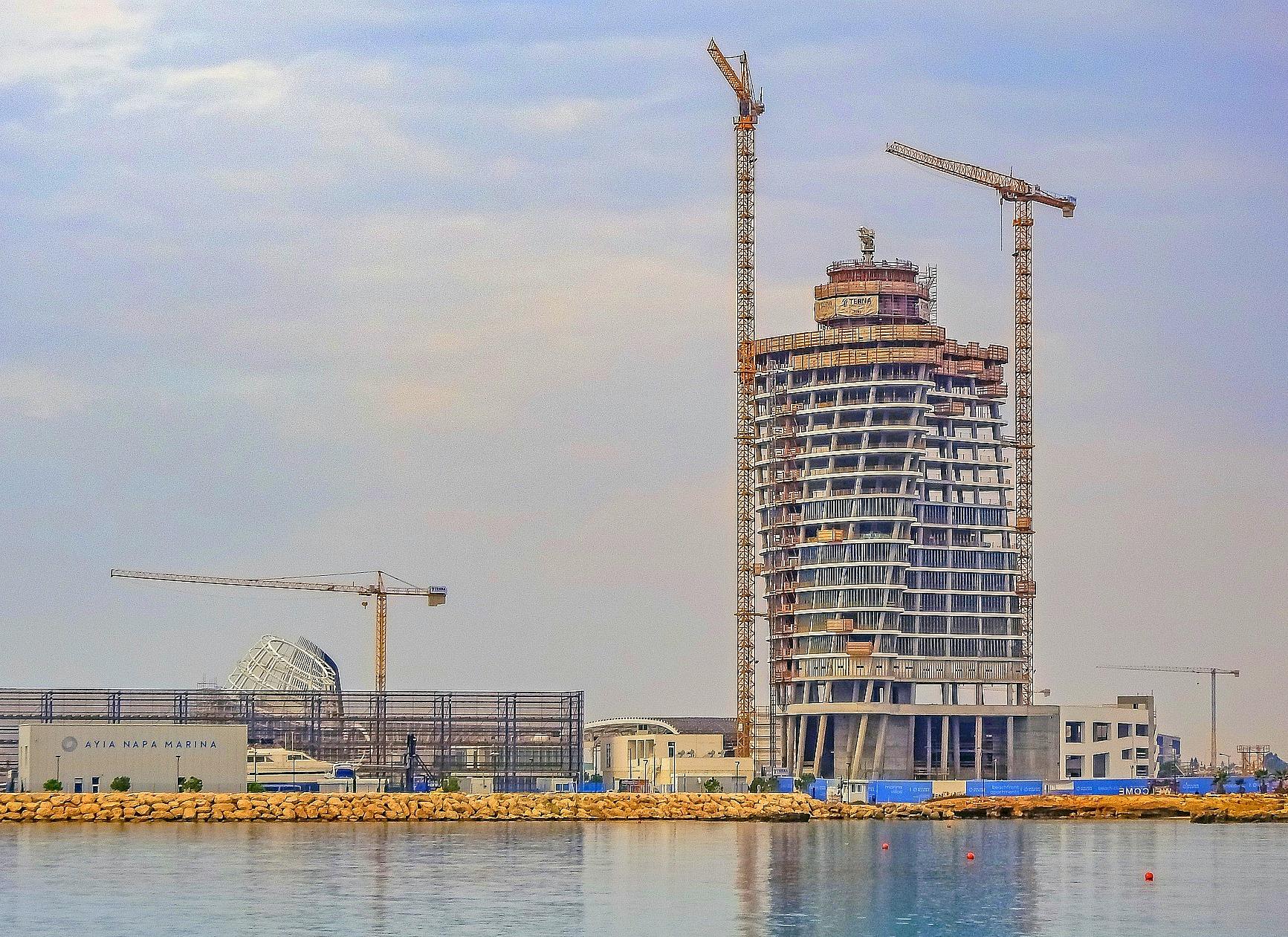In February 2023, a powerful and destructive earthquake with a magnitude close to eight degrees struck the territories of the countries closest to the island of Cyprus.
The echoes of the natural disaster, which claimed thousands of human lives and turned into ruins many large and small villages, have not stopped to this day.
The main cause of earthquakes are intense shifts of the so-called lithospheric tectonic plates, the depth of which extends up to 300 km in the direction of the Earth's core. Spontaneous movements of such plates lead to vibrations of the upper layer of the lithosphere - the Earth's crust, as a result of which enormous energy is released, generating shock waves. They initiate surface shaking, before which a person becomes absolutely helpless and is only able to record the intensity and direction of underground impacts.

The most dangerous seismic zones on our planet are located near the largest tectonic faults.
Cyprus is located in the second most active region (fortunately, in its calmest sector) at the intersection of the African and Anatolian platforms. The line of maximum instability runs through Italy, Greece, Turkey, Turkey, Iran and India.
In the history of Cyprus there are enough references to earthquakes that destroyed architecture and changed the progressive course of the history of the state. In fact, earth tremors occur almost every day but go unnoticed, primarily because of its own weakness.
Despite its small size, the island can be divided into several zones according to the degree of seismic activity.
The most dangerous extends along the coastline from Famagusta to Paphos, with the latter agglomeration leading in the number and strength of tremors over the entire period of observation. The central and northern regions of the island are calmer. In this regard, each locality in Cyprus has its own limit for the number of storys of buildings to be constructed.

Earthquakes of great magnitude are characterized by associated phenomena. Among the most life-threatening are the collapse of buildings, natural gas leaks with an increasing likelihood of explosions, fires and the rupture of high-voltage electrical circuits. In order to minimize the consequences of such disasters, special architectural requirements are imposed on buildings located in seismically active zones.
In the Republic of Cyprus there are strict building regulations, the fulfillment of which is subject to careful control at all production stages. First of all, for the future object it is necessary to prepare a site located away from ravines and steep slopes. The site must undergo a mandatory procedure of geological survey and soil examination. Different earth rocks transmit vibrations in their own way. On denser and stony soils, buildings are subject to destruction to a much lesser extent than on loose and soft soils.
The geophysical parameters of the soil determine: the size of the excavation, the design of the foundation and, as a consequence, the number of storys of the building to be erected. For example, according to the Department of Geological Surveys, the construction of high-rise buildings on the seafront of Larnaca is problematic from a geophysical point of view, because the soil will not be able to hold the weight of skyscrapers. In addition, for seismic safety reasons, not all projects can have underground or basement levels.

Monolithic frame buildings are the most resistant to seismic effects.
Vertical supports, floor slabs and bearing walls are connected into a single strong structure, which takes loads on itself and holds the building in the conditions of earth vibrations. Many special standards and regulations apply to the construction of the force frames, including the grade of concrete used, the diameter and frequency of reinforcement placement.
Tamping and troweling of the mortar are required as part of the concrete work. It should be noted that the thickness of load-bearing beams and floors should not be less than the thickness of future walls, which, in turn, are erected from the same grade of brick or other material. External walls, in order to exclude possible falling in or out, are reliably "tied" to the frame of the building. An ordinary person far from the construction industry will be able to visually assess the quality of the power frame construction.

When constructing buildings in seismically active areas, the following rules and technological methods are applied:
- Buildings should not be designed too long, otherwise additional deformations may occur during earth tremors;
- houses or buildings should have a simple shape, such as square, rectangular or oval;
- earthquake-resistant buildings do not use waterproofing between the foundation and the supporting pillars; this ensures a strong connection between all elements of the structure and prevents the houses from shifting during an earthquake;
- it is recommended that glass walls and panoramic windows be fitted with damping seals at the point of embedment to absorb vibrations and prevent collapse;
- balconies should not exceed two meters in width according to safety standards.
The construction of high-rise complexes in Cyprus is currently underway at a rapid pace. In order to ensure their seismic resistance, all projects are designed with consideration of potential underground impacts, and lightweight, technologically advanced materials, and reliable and efficient structures are used on construction sites. Given the application of high standards and a skilled approach on all sites, the construction industry in Cyprus guarantees the necessary safety margin of its buildings.

Interested in housing in Cyprus? Visit DOM, the #1 real estate agency in Cyprus! The agency's website has the largest real estate database in the country - over 30 thousand residential and commercial properties all over the island. Choose and contact professional brokers who will help you make the right choice!
Read also:
- Top 10 life hacks on how to sell your apartment in Cyprus at high price
- Two floors, terrace and gorgeous sea view: Cyprus new buildings with exclusive apartments
- Paphos vs. Limassol. All the pros and cons
- TOP 5 Mistakes That Almost Everyone Makes in Interior Design of New Apartment
- TOP 10 residential projects in Nicosia for obtaining residence permit
- Cyprus to Change Reduced VAT Rate: Impact on Real Estate Market and Predictions
- How to determine the market value of your property?

